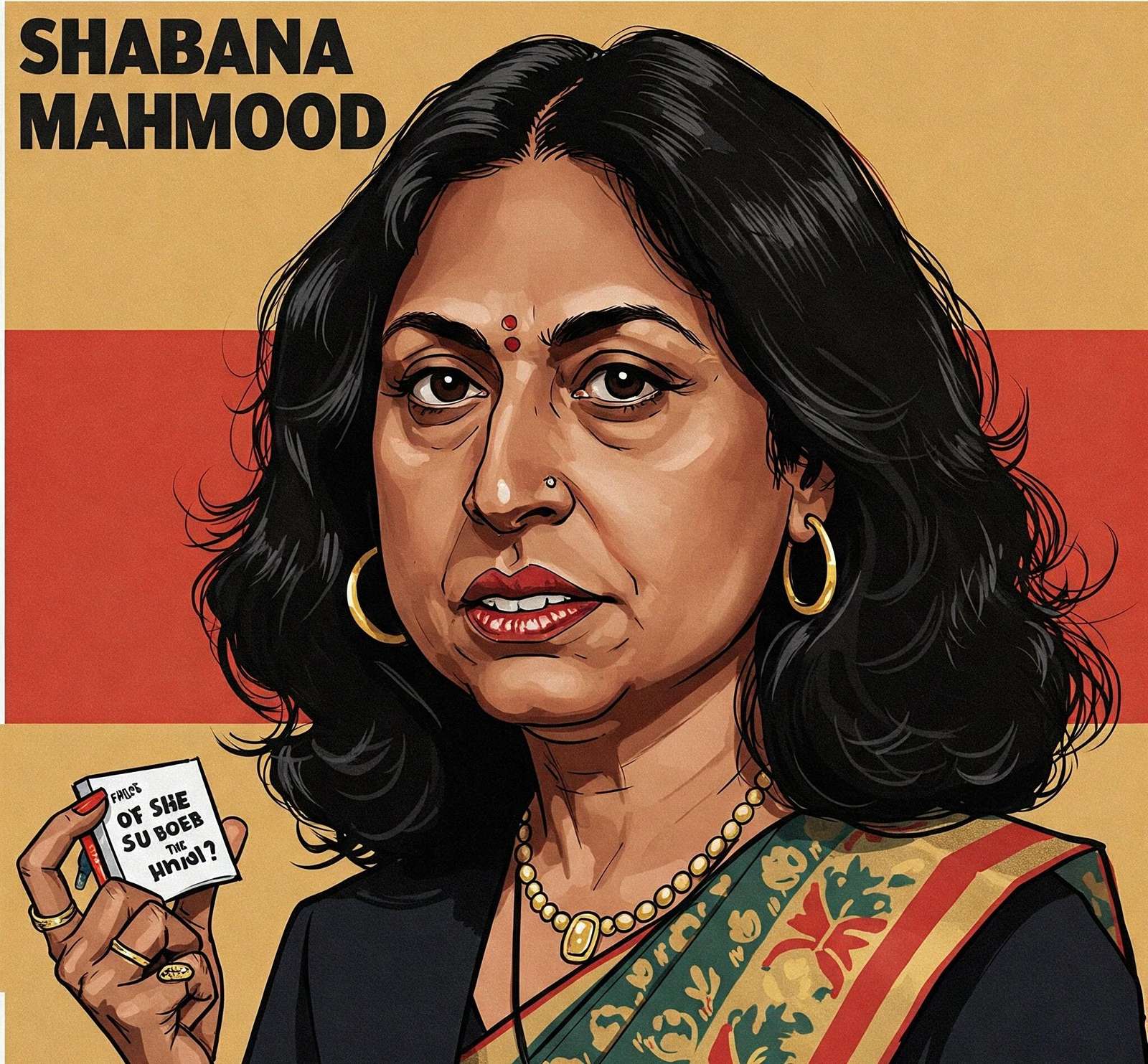Britons celebrating Easter this year may find themselves spending more on traditional holiday treats like chocolate, lamb, and hot cross buns due to a significant rise in prices.
The cost of a leg of lamb has increased to an average of £13.94 per kilo in supermarkets—10% (£1.31) more than last year and nearly 27% (£3) higher than two years ago, according to price analysts at Assosia.
Hot cross buns have also become pricier, with a premium four-pack now averaging £1.71—up 12% (19p) from 2024.
Chocolate Easter eggs, a staple of the holiday, have also seen price hikes, with consumers often paying more for smaller portions. Known as “shrinkflation,” this tactic involves reducing product sizes while keeping prices the same or even increasing them. Research from consumer group Which? found that some eggs from well-known brands like Cadbury and Mars have risen in cost by more than 50% per 100g.
For instance, Tesco’s Twix white chocolate Easter egg rose from £5 to £6 while shrinking from 316g to 258g—raising the unit price by 47%. Meanwhile, the weight of Terry’s Chocolate Orange has dropped from 157g to 145g due to soaring cocoa prices caused by supply shortages.
Cadbury Mini Eggs have also seen price increases, with an 80g pack now costing £1.80—30p more than last year. In 2023, they averaged £1.25. Larger sharing bags now hover around £5.
“Shrinkflation is becoming more common as brands try to manage rising production costs,” said grocery analyst Richard Price of Britsuperstore. “Rather than raising prices drastically, companies often reduce portion sizes to stay competitive—though this means consumers get less for their money.”
The latest cost of living data shows food prices in the UK rose 3.1% in the 12 months leading up to February. However, some items saw more dramatic increases, with lamb and chocolate up 16%. Baking essentials like butter and eggs also surged by nearly 19% and 5%, respectively.
Chocolate has become more expensive due to poor cocoa harvests in West Africa, particularly in Ghana and Ivory Coast, which produce over half of the world’s cocoa beans. After reaching a record high of £10,137 per tonne last year, cocoa prices briefly declined but rebounded to £6,200 per tonne by late March.
The cost of preparing a Sunday roast has also climbed, with one survey by supply chain firm Inverto estimating a 22% increase in the past year and a staggering 76% rise over the last five years. Ingredients like beef, potatoes, and cabbage have all seen sharp price hikes since 2020.
Lamb, the centrepiece of many Easter meals, remains expensive due to limited supply. Economist Harvir Dhillon from the British Retail Consortium noted that fewer lambs were slaughtered in 2022 and 2023, leading to tighter availability. Meanwhile, demand remained strong, as consumers were willing to spend more on premium meat.
Butter prices have also surged, with unsalted butter now costing nearly 28% more than last year at £6,250 per tonne. This price increase is partly due to limited stocks and rising Irish butter costs. “The UK heavily depends on Irish butter imports,” said dairy market analyst Jose Saiz from Expana. “With Irish butter becoming more expensive, UK prices have followed suit.”








.svg)


